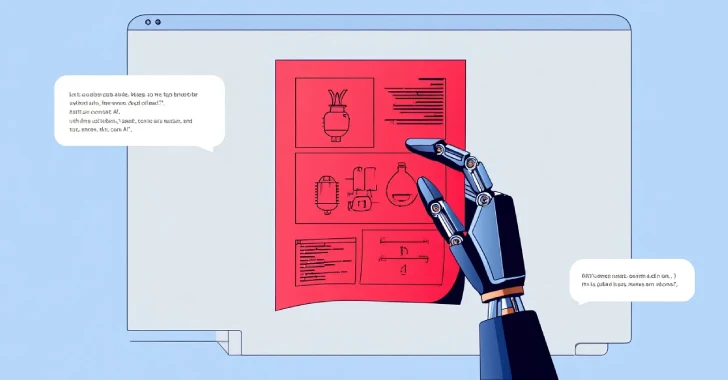In April 2025, the United States government introduced a significant policy change requiring all visa applicants to disclose their social media handles from the past five years. This measure aims to enhance national security by allowing immigration authorities to scrutinize applicants’ online activities for potential threats.
Affected Groups:
1. International Students (F-1, J-1, M Visas): Applicants must provide social media identifiers, enabling officials to review their digital footprints. Content deemed extremist or associated with controversial organizations could result in visa denial or renewal rejection.
2. Skilled Workers & OPT/STEM OPT Applicants (Including H-1B): Individuals seeking employment-based visas are subject to enhanced vetting. Authorities may examine social media for political or ideological posts, group affiliations, and activities perceived as threats to U.S. national security.
3. Tourists & Visitors from Conflict Zones: Travelers who have visited countries like Iran, Syria, Yemen, or Gaza since 2007 may face deeper scrutiny under new Security Advisory Opinion (SAO) guidelines. This affects tourists, volunteers, NGO workers, and journalists.
4. Academic Researchers & Visiting Scholars: Academic exchange visitors, including professors and PhD students, are also under review. U.S. embassies are now permitted to screenshot and archive public social media profiles during visa processing.
5. Green Card & Immigration Applicants: Those applying for permanent residency must meet digital behavior standards. USCIS and DHS evaluate social media history for links to violent ideologies or groups labeled extremist. Your digital presence could directly impact your pathway to residency or citizenship.
What Immigration Officers Are Monitoring:
– Likes, shares, or comments related to flagged terrorist organizations.
– Hashtag participation perceived as anti-U.S. or politically extreme.
– Membership in public groups with hate-based or radical content.
– Public posts advocating violence or terrorism.
Applicants will not be asked for passwords, but all public content is subject to review.
Catch and Revoke Program:
The U.S. State Department has activated an AI system called Catch and Revoke, allowing officials to cancel active visas if a person’s social media is later flagged for suspicious activity. Some travelers have already experienced entry denials or deportation due to past online posts.
Recommended Actions:
1. Audit Your Online Activity: Review your profiles on Instagram, Facebook, X (Twitter), TikTok, and LinkedIn.
2. Remove Risky Content: Delete anything that could be interpreted as violent, extremist, or politically offensive.
3. Be Honest on Applications: Omitting accounts or submitting false information may result in permanent visa bans.
4. Seek Expert Help: Consult your university’s international student office or a licensed immigration attorney.
Additional U.S. Immigration Trends in 2025:
– Stricter H-1B audits and site inspections.
– Increased interview requirements for green card applicants.
– Longer wait times for B1/B2 visas from high-traffic regions.
– Tighter scrutiny for transit and visitor visas from high-risk areas.
Final Thoughts:
In 2025, your online life is no longer just personal—it’s part of your official immigration profile. Whether you’re a student, tourist, job seeker, or researcher, it’s crucial to clean up your digital presence and stay updated on visa policy changes.



